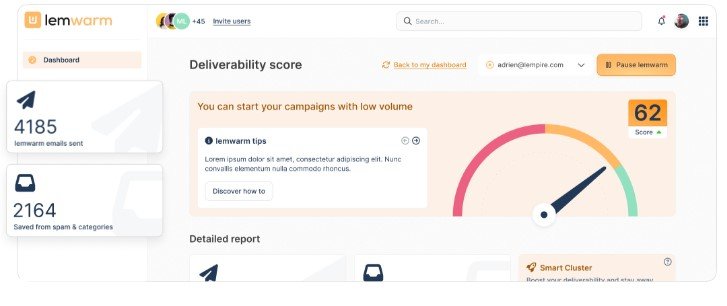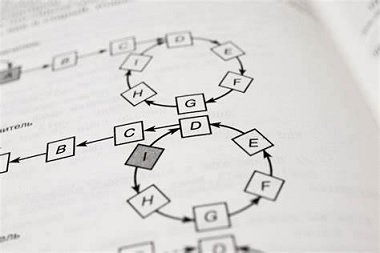The rise of online marketplaces and the globalization of commerce have expanded opportunities for buying and selling vehicles. However, this increased accessibility also comes with risks, particularly the prevalence of fraudulent vehicle transactions. In the fight against automotive fraud, VIN lookup has emerged as a powerful ally, enabling consumers to detect and prevent fraudulent activities. In this article, we’ll explore the pivotal role of VIN lookup in protecting consumers from fraudulent vehicle transactions.
Understanding Automotive Fraud
Automotive fraud encompasses a wide range of deceptive practices, including odometer tampering, title washing, VIN cloning, and salvage fraud. These fraudulent activities can result in unsuspecting consumers purchasing vehicles with undisclosed damage, liens, or legal issues, leading to financial loss and safety concerns.
Identifying Red Flags with VIN Lookup
VIN lookup serves as an effective tool for identifying red flags and potential signs of fraud in vehicle transactions. By accessing comprehensive vehicle history reports, consumers can uncover critical information about a vehicle’s past, including its title status, accident history, odometer readings, and ownership records. Discrepancies or inconsistencies in the vehicle’s history may indicate fraudulent activity and warrant further investigation.
Detecting Odometer Tampering
Odometer fraud remains a pervasive issue in the automotive industry, with unscrupulous sellers rolling back odometers to conceal a vehicle’s true mileage. VIN lookup helps consumers detect odometer discrepancies by comparing the mileage reported in the vehicle’s history with the odometer reading at the time of purchase. This transparency enables buyers to make informed decisions and avoid purchasing vehicles with artificially altered mileage.
Uncovering Title Fraud and Salvage Vehicles
Title fraud involves manipulating a vehicle’s title to conceal its true history, such as salvaged, rebuilt, or flood-damaged status. VIN lookup allows consumers to verify the authenticity of a vehicle’s title and uncover any discrepancies or inconsistencies. By accessing information from insurance companies, salvage yards, and government agencies, consumers can identify salvage vehicles and avoid potential risks associated with their purchase.
Preventing VIN Cloning and Theft
VIN cloning involves illegally transferring a vehicle identification number from one vehicle to another, often to conceal a stolen car’s true identity. VIN lookup helps consumers verify the authenticity of a vehicle’s VIN and detect instances of cloning or theft. By cross-referencing the VIN with official databases and records, consumers can ensure that the vehicle they are purchasing is legitimate and has not been subject to fraudulent activities.
Empowering Consumers and Promoting Transparency
In an increasingly digital and interconnected world, VIN lookup plays a crucial role in empowering consumers and promoting transparency in vehicle transactions. By providing access to comprehensive vehicle history reports, VIN lookup enables consumers to make informed decisions and protect themselves from fraudulent activities. Moreover, VIN lookup fosters trust and accountability within the automotive marketplace, creating a safer and more reliable environment for buyers and sellers alike.
Conclusion
As the prevalence of automotive fraud continues to pose challenges for consumers, VIN lookup stands as a vital tool in the fight against fraudulent vehicle transactions. By enabling consumers to access detailed vehicle history reports and identify potential red flags, VIN lookup helps safeguard against odometer fraud, title fraud, VIN cloning, and theft. As consumers become more informed and vigilant, VIN lookup plays a pivotal role in promoting integrity and transparency within the automotive industry.





















